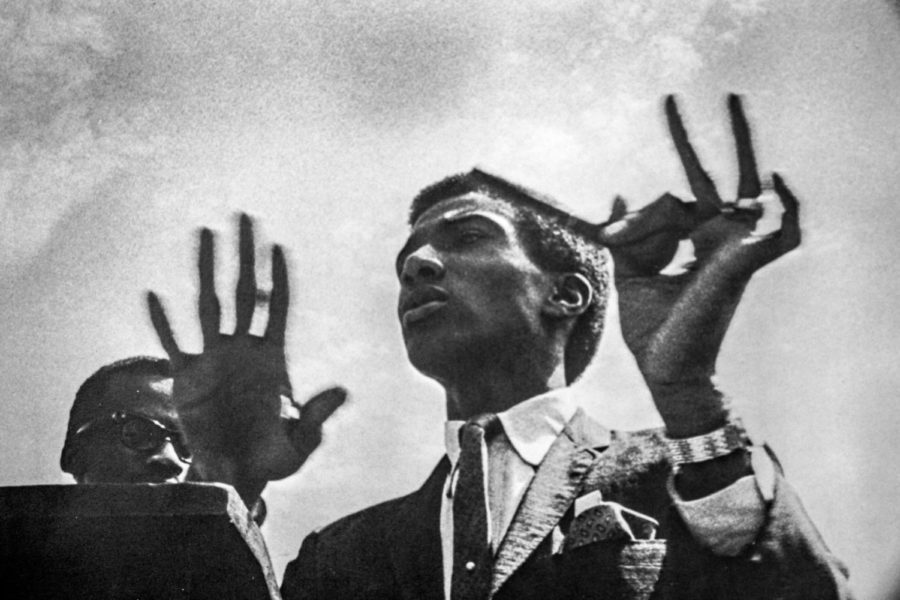A history of protest: How UK students have fought to make their voices heard
September 27, 2019
Seventy years of integration have not passed without struggle. Lyman T. Johnson’s historic admittance, celebratory in its own right, was merely the first step in bridging racial inequality in education—an ongoing and divisive battle at UK.
Since 1949, UK students, faculty and administrators have repeatedly fought to make their voices heard on the community and university level. While not an exhaustive list, the dates listed below represent instances where student activism led to changes on campus.
Special thanks to Terry Birdwhistell for information and sources, including the publication “50 Years of the UK African-American Legacy”, a history of black students at UK which was published in 1999.
1967
According to “50 Years of the UK African-American Legacy,” the Campus Committee for Human Rights, led by Bill Turner, “sponsored Bitch-In sessions to address ‘social change and the Negro at UK’.” The Kernel reported that off and on, 2,000 students attended a three-hour session in April. “This was the first organized effort to address minority concerns,” according to 50 Years. Black students frustrated with the progress of these sessions broke off and formed Orgena.
1967-68
The Kernel reported that beginning in December 1967, students marched outside of Memorial Coliseum “to protest segregation in basketball recruiting and the Negro’s role on campus.” Twenty-five students marched outside of one Kentucky-Florida game, mostly members of Orgena. 50 Years says that “as a result of the demonstrations, Coach Rupp contacted the (Black Student Union) leadership and asked for their assistance in recruiting black players. BSU agreed to assist, met with prospective recruits and encouraged them to attend UK.”
1968
Activists focused on the “white image” of UK, which black students felt prevented both black faculty and black students from coming to UK. Orgena changed its name to Black Student Union because of political concerns. Their first president, Theodore Berry, asked “for fundamental changes in University recruitment policies and wanted the curriculum to be more relevant to the needs of black students,” according to 50 Years. BSU’s central movement petitioned for an African-American history course. At a February meeting with administrators, history department chair Professor Carl Cone said “the course would be too specialized for general interest.” BSU subsequently provided a petition signed by 900 students, both black and white, expressing interest in the course. The first official African-American history course was taught the following spring. Today, African-American Studies has both a major and minor.
2015
In November of 2015, UK students began a hashtag campaign highlighting racism on campus after seeing racial tensions escalate at the University of Missouri. Two dozen black students then met with UK President Eli Capilouto to discuss issues of racial discrimination on campus. A follow-up Call to Action Town Hall in the spring of 2016 focused on harassment cases, feelings of exclusion, the effectiveness of the Office of Institutional Diversity and the fresco mural in Memorial Hall. The conversations begun this year led to the eventual addition in 2018 of Karyn Olivier’s “Witness” to the atrium of Memorial Hall as the university’s effort to add context to the mural.
2019
After unsatisfying meetings with administrators in the fall of 2018, the Black Student Advisory Council and other student groups occupied the Main Building on UK’s campus overnight in April. The BSAC had a list of five demands, including the removal of the Memorial Hall mural, that they wanted met. The occupation led to a public meeting with President Capilouto, where students emphatically and emotionally spoke about their struggles as black students. Four out of the five demands were agreed upon in some way, but the mural remained a contentious point. As of the fall of 2019, the mural remains covered but there will be no mandatory classes in Memorial Hall in the spring of 2020. Professors and events can still choose to host events there.
































































































































































